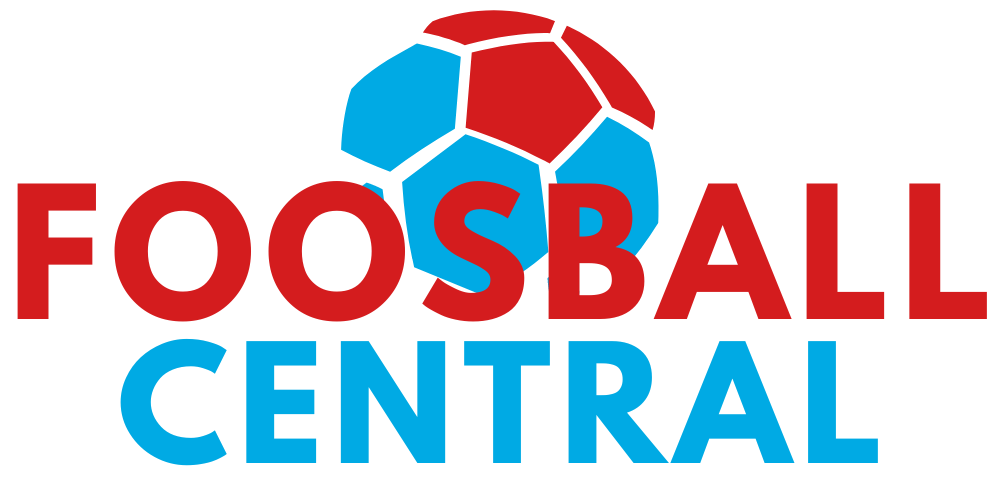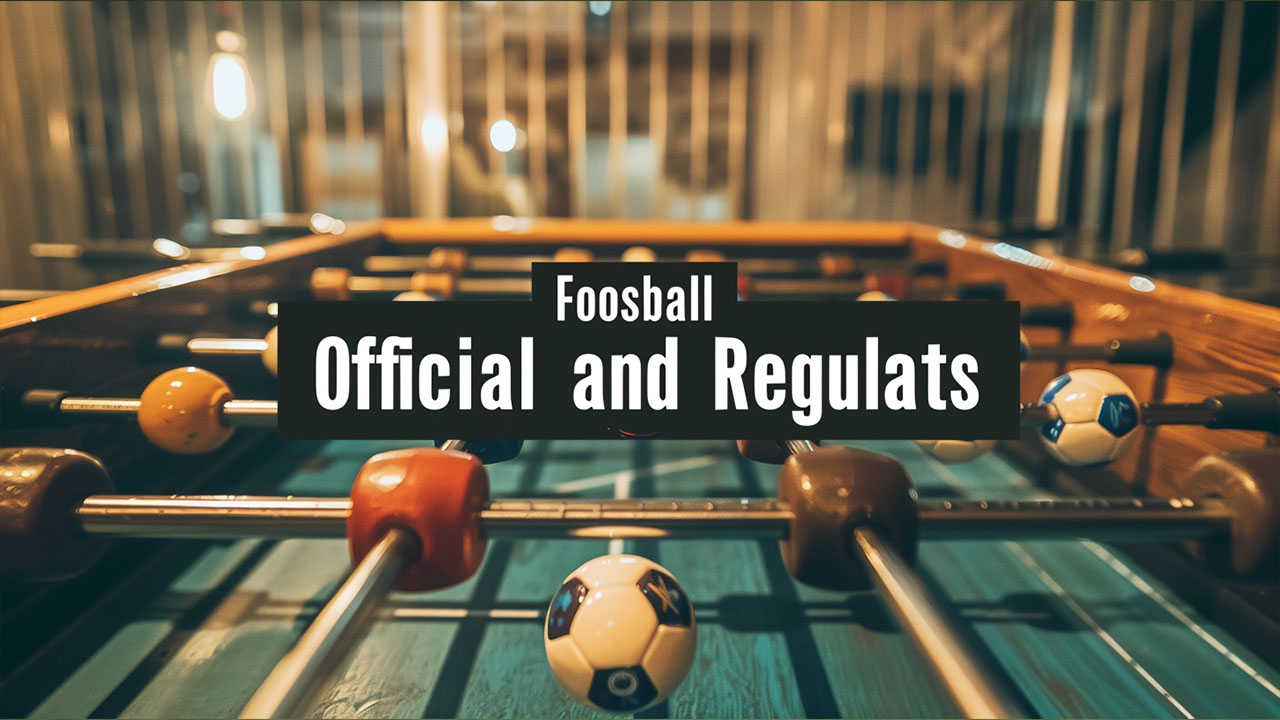In the high-speed world of foosball, where split-second decisions and lightning reflexes reign supreme, mastering the mental game is just as crucial as learning the physical techniques. While focusing solely on perfecting your shots and passes is easy, paying attention to the mental aspect can be costly. In this article, we delve into mind games, exploring the cognitive strategies that can elevate your foosball game to new heights of excellence.
Visualization:
Visualization is a powerful tool that can help you improve your foosball skills without even stepping up to the table. Before a match, take a moment to visualize yourself executing flawless shots, making quick decisions, and outmanoeuvring your opponents. Mentally rehearsing your moves can build confidence and prime your brain for peak performance.
Focus and Concentration:
Maintaining focus and concentration is essential in the fast-paced environment of foosball. Avoid distractions and stay fully present in the game, paying close attention to the ball and your opponent’s movements. Train your mind to block out any external noise or distractions, allowing you to react quickly and make precise split-second decisions.
Adaptability:
Adaptability is critical in foosball, as every game presents unique challenges and situations. Instead of sticking to a rigid game plan, be prepared to adapt and adjust your strategy based on the flow of the game and your opponent’s tactics. Stay flexible and open-minded, ready to change your approach to gain the upper hand.
Emotional Control:
Emotions can run high in competitive foosball, but it’s essential to keep them in check to maintain focus and composure. Whether frustrated after a missed shot or elated after a big win, strive to stay emotionally balanced and level-headed throughout the game. Practice mindfulness techniques such as deep breathing or positive self-talk to manage your emotions effectively.
Strategic Thinking:
Foosball is as much a game of strategy as skill and strategic thinking can give you a significant advantage over your opponents. Anticipate your opponent’s moves, analyze their weaknesses, and capitalize on opportunities to gain control of the game. Develop a strategic mindset that allows you to think several steps ahead, setting yourself up for success with each move you make.
Confidence:
Confidence is the cornerstone of success in foosball, giving you the belief in your abilities to perform at your best. Cultivate a strong sense of self-confidence by focusing on your strengths, setting achievable goals, and celebrating your successes, no matter how small. Trust your skills and instincts, and approach each game with the unwavering belief that you can emerge victorious.
Resilience:
Inevitably, you will encounter setbacks and challenges in your foosball journey, but how you respond to adversity defines your success. Develop resilience by learning from your mistakes, bouncing back quickly from defeats, and maintaining a positive attitude, even in the face of defeat. Remember that every loss is an opportunity to grow and improve, making you a stronger and more resilient player in the long run.
Sportsmanship:
Finally, remember that foosball is not just about winning; it’s also about sportsmanship and respect for your opponents. Win or lose gracefully, congratulating your opponent on a well-played game and showing appreciation for their skills. Foster a spirit of camaraderie and mutual respect within the foosball community, creating a positive and enjoyable playing environment for everyone involved.
In conclusion, mastering the mental game is essential for foosball excellence, allowing you to unlock your full potential and achieve success. Incorporating these mental strategies into your training and gameplay can sharpen your focus, enhance your decision-making, and elevate your performance to new heights. So, next time you step up to the foosball table, remember to engage your mind and body and watch as your game reaches new levels of excellence.



